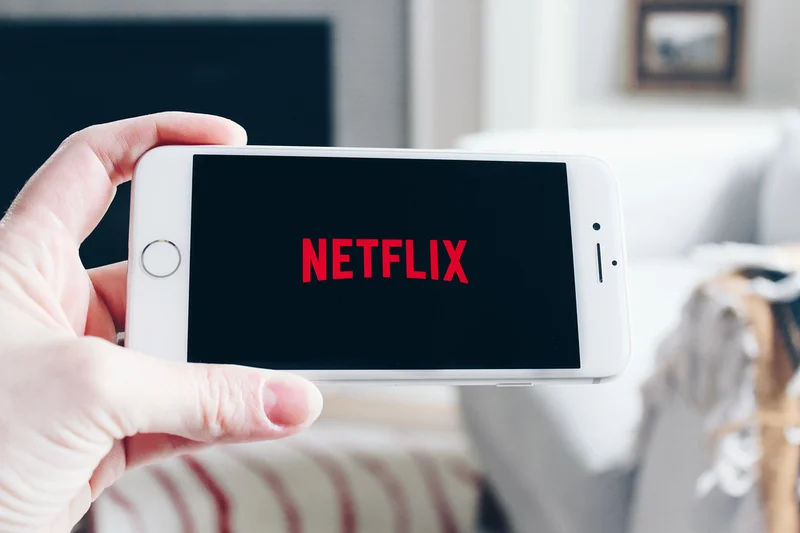Netflix Stock Price: Buy, Sell, or Hold?
Netflix's upcoming 10-for-1 stock split has generated a predictable buzz, but let’s cut through the noise. Several articles are framing this as a catalyst for buying the stock, citing increased accessibility and historical trends. But does a cosmetic change truly warrant investment, or is this just rearranging deck chairs on the Titanic? As a former hedge fund analyst, I'm less interested in hype and more interested in hard numbers.
The Split: A Psychological Game, Not a Value Shift
The core argument for buying pre-split rests on the idea that a lower per-share price attracts retail investors. This isn't entirely wrong; a $100 stock feels more affordable than an $1100 one, even if the underlying value remains unchanged. It’s a psychological trick, like pricing something at $9.99 instead of $10.
One article noted data from Bank of America showing split-announcing companies average 25% gains in the following year. That's a compelling statistic, but correlation isn't causation. Companies that split their stock are often already experiencing strong growth, which is what drives the stock price up, not the split itself.
The split itself is mathematically neutral. Roughly 423 million shares become 4.23 billion, dropping the price proportionally. It's financial mitosis – same DNA, just more cells. The market cap remains around $489 billion, and your percentage ownership is untouched. So, if the split is just a cosmetic change, what should investors be focusing on?
Beyond the Split: Digging into Netflix's Fundamentals
Netflix's Q3 earnings paint a picture of solid, if not spectacular, growth. Revenue jumped 17.2% year-over-year to $11.5 billion. The company is hitting its highest quarterly market share in the U.S. and U.K. But let's put that in context. While 17.2% is nothing to sneeze at, the forward P/E multiple of 37 is pricing in significant future growth. Is that justified?
One article highlights Netflix's international expansion, pointing out that non-U.S. regions now contribute over half of total revenue. They cite Netflix having only 10 million Indian users as of 2024 – less than 1% of the population. The growth potential is obvious, but capturing that potential is the hard part. Success in India requires localized content, competitive pricing, and navigating a complex regulatory landscape.
Netflix's advertising revenue is also touted as a growth driver. Management expects the segment to double this year from a "relatively small" base. That sounds impressive, but without specific figures, it's hard to assess the true impact. Doubling a small number still leaves you with a small number.

Then there's the competition. Disney, Amazon, and others are pouring billions into streaming content. The market is saturated, and subscriber acquisition costs are rising. Netflix's "stickiness" is often mentioned, but even loyal subscribers churn eventually.
I looked back at Netflix's 2015 split. The stock did rise significantly afterward, but that was during a period of explosive growth in streaming adoption. Can Netflix replicate that performance in a much more mature market? My analysis suggests probably not.
The Valuation Question: Are You Paying Too Much?
Several articles acknowledge that Netflix's valuation is rich. A forward P/E of 37 is higher than the S&P 500 average of 22 and even exceeds Nvidia's forward P/E of 30, despite Nvidia's net income growing at a much faster clip. (Nvidia grew net income by 59% compared to Netflix's 8%.)
Netflix's management is guiding for a 2025 operating margin of about 29%, up from last year's 27%. This is positive, but how much of that margin expansion is already baked into the stock price? And what happens if they miss those targets?
I will interject a personal thought here: I've seen companies justify lofty valuations with impressive-sounding metrics, only to fall short when reality bites. I'm not saying Netflix is doomed, but the margin for error is shrinking.
One key risk is valuation. If growth slows, the stock's premium multiple could compress quickly. Some analysts are still positive, though; 4 Reasons Netflix Stock Is a Buy Today highlights several potential upsides.
